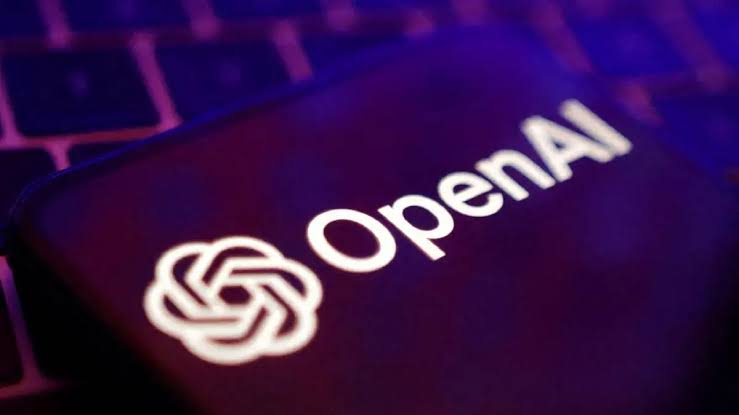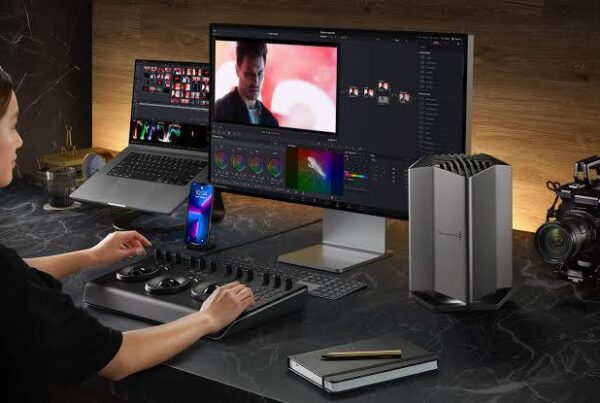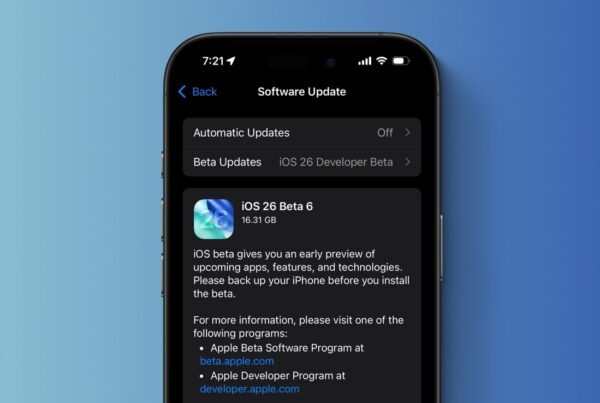OpenAI has once again become the center of attention after leaks surfaced regarding the upcoming launch of a new browser internally codenamed Aura. The product is positioned as a direct competitor to Google Chrome and is expected to introduce a new way of browsing the web with the power of artificial intelligence. However, as of early September 2025, OpenAI has yet to provide an official release date for the browser.
Leaks About Aura
A Reuters report on July 9, 2025 revealed that OpenAI was preparing a Chromium-based browser expected to launch within a few weeks. The browser is projected to bring a conversational approach, allowing users to interact through a ChatGPT-like interface. Reuters stressed that this product could be a strategic move to challenge Chrome’s global dominance.
Other outlets such as TechCrunch and Futurism confirmed the report, adding that the browser would integrate ChatGPT, SearchGPT, and Operator. This would make it not just a browsing tool but also a digital assistant capable of executing a variety of tasks. Still, as of early September 2025, no official announcement has been made by OpenAI regarding a release date.
Internal Name and Code Traces
One of the most intriguing leaks comes from a code inspection of ChatGPT. Analysts found references to the name Aura within strings such as “Aura sidebar.” This suggests that Aura is the internal codename, though it may not be the official name when the product is publicly released. Computerworld noted that this name has appeared frequently in internal development since mid-2025.
In addition to the name, leaks shared on X revealed screenshots of a sidebar labeled Aura, believed to serve as a command hub for features ranging from AI integration to tab control.
Integrated Agent Features
BleepingComputer reported on August 14, 2025 that OpenAI was preparing an Agent mode that could run natively in the browser. This feature would allow two pathways: first, the already existing cloud-based virtual browser, and second, a local first-party browser providing direct control on the user’s device. This means the Agent could open tabs, fill out forms, and execute complex commands directly, without depending entirely on remote servers.
This integration aligns with OpenAI’s official documentation on ChatGPT Agents, which currently rely on virtual browser windows. The shift toward local execution suggests a push for faster and more secure user experiences.
Conversational Interface
The Aura browser is expected to adopt a conversational interface similar to ChatGPT. Users could type questions or commands, and the browser would respond with concise answers, article summaries, quick searches, and content recommendations. This approach aims to shift browsing from simple keyword input to natural interaction with an intelligent system.
The concept fits OpenAI’s broader vision of making AI a daily assistant. With its Chromium foundation, Aura is also expected to be compatible with many extensions and web applications already familiar to users.
Strategy and Antitrust Context
The timeline for the Aura browser cannot be separated from the broader antitrust pressure on Google. In April 2025, an OpenAI executive even stated interest in acquiring Chrome if regulators forced Google to divest. However, the ruling in early September 2025 only required Google to share some search data and did not enforce a Chrome divestiture. This effectively closed the acquisition path and gave OpenAI greater incentive to build its own browser.
Controlling a browser is strategic, as it offers direct access to user behavior, search activity, and digital interaction data—all crucial for advancing AI systems.
The Mystery of the Release Date
Although the phrase “in a few weeks” has circulated since mid-July, no public release has occurred as of early September. This has fueled speculation that OpenAI is still conducting internal testing or facing technical delays. Aura remains just a codename, with no confirmation that it will be the official brand in the market.
Reuters and TechCrunch both reiterated that details about timing remain undisclosed, and so far, OpenAI’s official blog or website has not posted any announcements.
Potential Market Impact
If released, Aura would stand as one of OpenAI’s most significant products since ChatGPT. It could reshape internet search by shifting from keyword-based input to conversational interactions. For Google, a new AI-driven browser poses a substantial threat, especially if it manages to attract a large user base.
Integration with other OpenAI products such as SearchGPT could also create an entirely new ecosystem where search, interaction, and task execution happen within a single platform. For users, this could reduce time, boost efficiency, and open new possibilities for AI-driven productivity.
Conclusion
So far, OpenAI has not officially released the Aura browser. All available information remains based on leaks, speculation, and media reports reinforcing each other. Details on Agent features, ChatGPT integration, and the Chromium base are becoming increasingly clear, but the release date remains a mystery.
If Aura does arrive soon, it will mark a major milestone in browsing technology and add to OpenAI’s list of groundbreaking products. For readers following tech developments, this is a story worth keeping an eye on.





